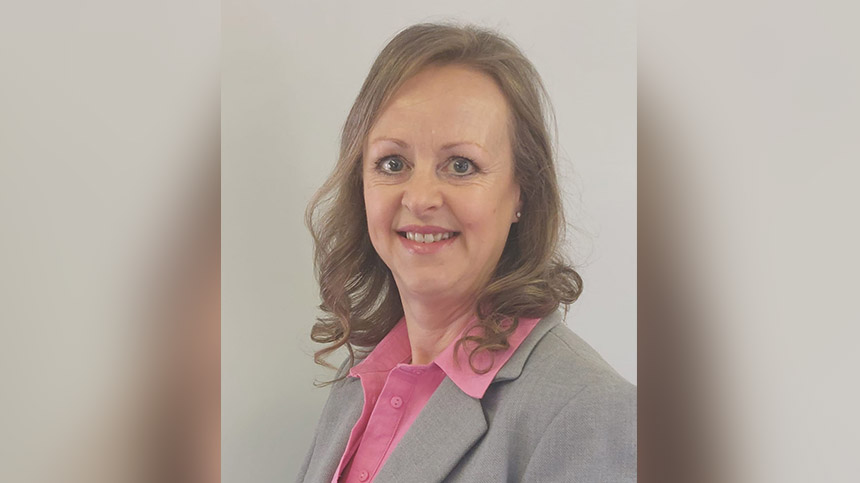Bridging the skills gap by expanding automotive talent pool

Glen Callum Associates (GCA), a recruitment company specialising in the automotive aftermarket sector, has called upon industry leaders to broaden their talent search to include allied sectors and focus on transferable skills to address the growing skills gap. Expanding the automotive talent pool search, it’s thought, could help alleviate the persistent issue of skills shortages within the automotive industry.
GCA recognised the persistent issue of skills shortages in the automotive aftermarket and believes the solution lies in expanding the talent pool. GCA believes that by looking beyond traditional boundaries, businesses can benefit from fresh perspectives and innovative approaches brought by professionals from different backgrounds.
Expanding the automotive talent pool
Kerrie Richards, director of Glen Callum Associates, said:
“We appreciate that many professionals choose to stay within the automotive industry, which is great news for the sector, but it’s crucial to recognise the value of allied industries and the transferable skills they offer. Passion and the ability to learn new skills can be as important as direct industry experience, which is often quite similar across multiple sectors.”
GCA supports the approach of advancing diversity through skills-based hiring, believing that a skills-based approach not only helps identify the most qualified talent but also opens the door to individuals from historically marginalised groups who may lack a traditional degree.
LinkedIn data shows that focusing on skills can increase talent pools by 10 times. Furthermore, 80% of surveyed recruiting professionals state their organisations are committed to creating a more diverse workforce, and skills-based hiring is set to gain traction in the coming years.
 Expertise exchange
Expertise exchange
GCA’s Richards added:
“In addition to widening the talent pool, it’s vital to adopt an environment where experienced professionals can mentor new entrants, including graduates or those from other sectors. We’re seeing many people opting to retire later and continue in their roles for longer, and it’s important to utilise their expertise where possible to train new entrants. This exchange of insight and experience not only helps bridge the skills gap but also enriches the industry with diverse ideas and approaches.”








